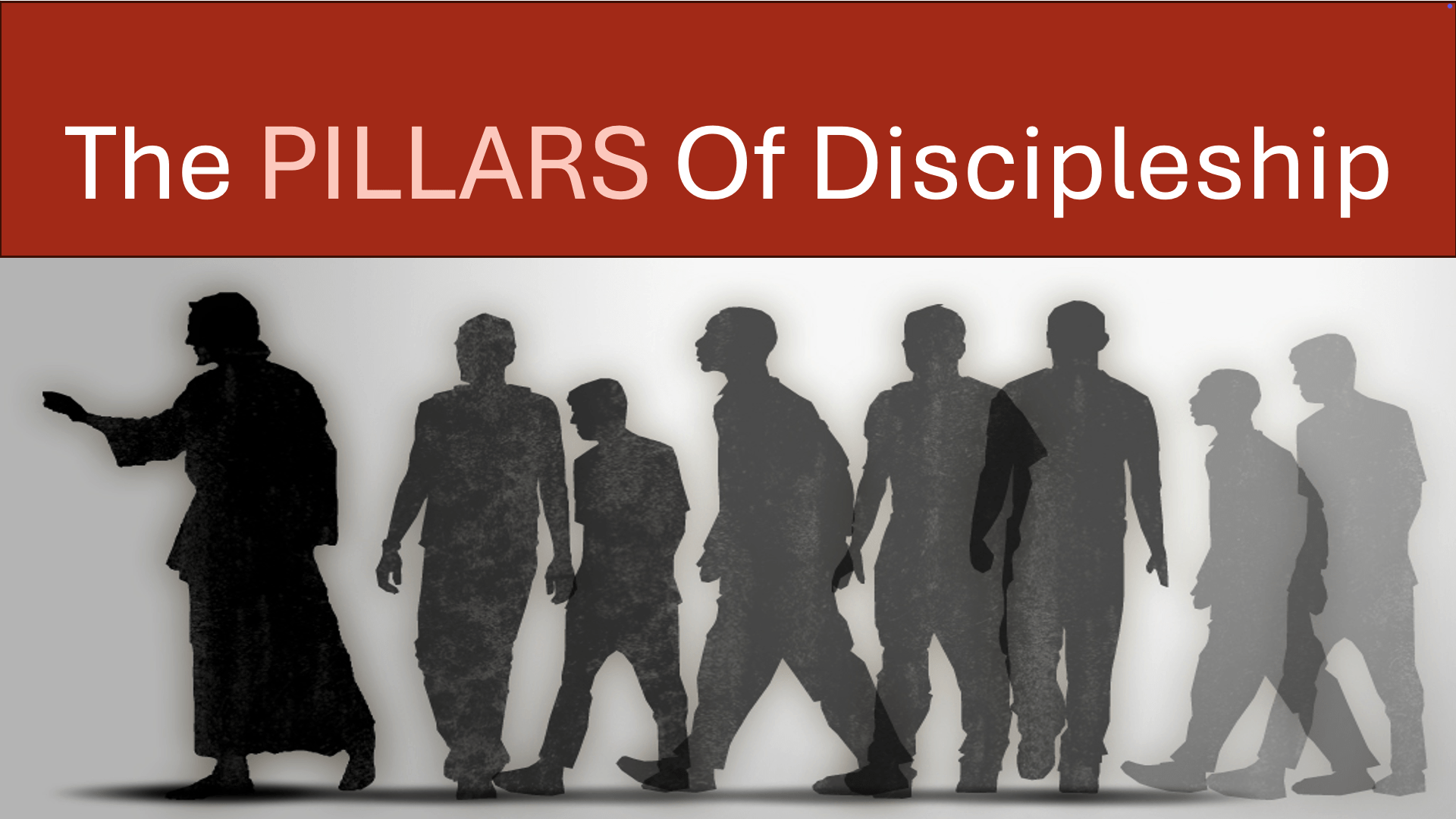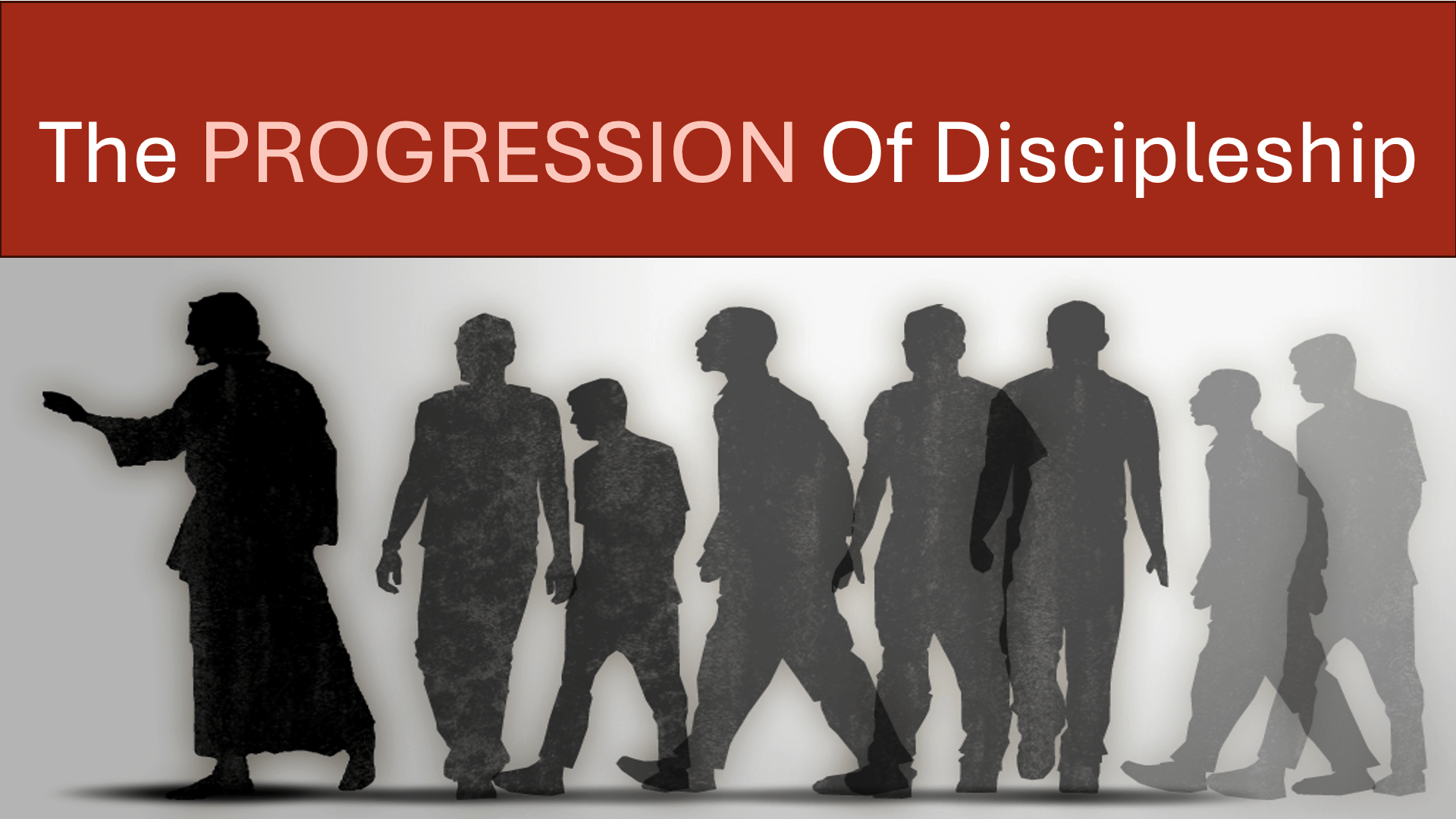Download:
Text:
Some Things Baptism Does Not Do
Baptism does many things for the one who genuinely believes in Jesus, repents of his/her sin, and confesses Christ as Lord. For example, baptism results in salvation and forgiveness (1 Peter 3:21; Acts 2:38; Acts 22:16). It also marks the transition from the old person committed to sin to the new person devoted to righteousness (Romans 6:3-4). However, for all that baptism does, there are some things baptism does not do that must also be understood.
1) Baptism does not change the heart. One may hear of the need to be baptized and obey that action without being changed in his/her heart (i.e. beliefs, allegiances, desires). In fact, it is entirely possible that a person is just as ungodly after the waters of baptism as before – if he/she is depending on the water to change his/her heart! For, Scriptural baptism is the result of a heart change; not the cause! Consider some ways the heart is taught as having changed by the time one is Scripturally baptized. The heart has been pierced by the preaching of the gospel (Acts 2:37). The heart has been grieved in a godly manner over the sin he/she has committed (2 Corinthians 7:9-11). The heart has determined to turn from past sin and live according to God’s ways (repentance, Acts 2:38). Therefore, baptism is the way a heart (conscience) that wants to be right with God responds to the gospel’s invitation (1 Peter 3:20-21)!
2) Baptism does not take away all your earthly problems. There are some who view baptism as if it is the solution to all their struggles on this earth. Sometimes this is brought about by false teachings claiming only good things (i.e. health and wealth) will be experienced by those who follow the Lord. Yet, throughout the New Testament, you read about people who were baptized (disciples of Christ) experiencing the trials of life (Acts 9:36-37; 1 Peter 2:18-20). So, there will still be sickness, pain, struggles of many sorts, and death to deal with after baptism. Furthermore, you must also recognize that although baptism does remove the spiritual consequences of your past sins, it does not remove the physical consequences of your past sins (Acts 9:26-28; 1 Timothy 1:12-17). So, there may still be physical consequences of jail time, guilt, broken trust, broken relationships, ruined reputations, etc. that still exist after baptism. Yet, while these will still continue, the Bible does teach that you will now be able to face them with a hope in Christ for the life that is to come (Romans 8:18)!
3) Baptism does not end temptations. Satan will not give up trying to tempt the one who has been baptized. If anything, the Scriptures present Satan as needing to work harder to get this one who has become a Christian back! Even in Jesus’s life, notice that the Scriptures specifically mention Him as being tempted immediately following His baptism (Matthew 3:16-17; 4:1-11; though he was baptized for different reasons and with a different baptism than we are). In fact, the Scriptures present many examples of people being tempted after baptism (whether directly stated or implied, Acts 8:13, 18-24; 1 Corinthians 5:1). Also, throughout the letters written to Christians, there are many instructions that warn Christians about Satan and give instructions of how to overcome him (Ephesians 6:10-18; 1 Peter 5:8-9). Thankfully, God assures Christians that they can overcome any temptation they face (1 Corinthians 10:13; James 4:7)! Yet, even when you fall to temptation (and you will fall), God provides salvation through Jesus (1 John 1:8-2:2; Acts 8:22)
4) Baptism does not complete your spiritual journey. Whenever one is baptized, he/she is sanctified (set apart from sin and devoted to God, 1 Corinthians 6:9-11). However, this is only the beginning of your new walk. While we will never be good enough for salvation of ourselves, God has designed a process of spiritual growth for those who access His grace and mercy that is ongoing and never done while we live on this earth (2 Corinthians 7:1; 1 Thessalonians 4:1-12; 1 Peter 2:2-3)! Like one grows and matures over time physically, one who desires the milk of God’s word and seeks to obey it will grow and mature over time spiritually. And, like with the physical maturation process, sometimes this is messier than we would like it to be. However, while you will still struggle and sin at times (sometimes more than others), you must be committed not to willfully make a practice of sinning (1 John 3:8-10; Romans 6:1-4)!
5) Baptism does not guarantee your eternal salvation. While baptism is undoubtedly critical to your eternal salvation (Mark 16:16), it is a great error to view baptism as guaranteeing your future home in Heaven. As we have seen, you will continue to experience the trials and temptations of life. And, the Bible teaches that how you respond to these tests of your faith matter to God (Revelation 2:8-11). In fact, the Bible is clear that one who has been baptized into Christ can live so as to not be saved (Galatians 4:9; 5:4; Hebrews 10:26-39; 2 Peter 2:20-22). You must continue to let God’s word work in you for as long as you live, even though you will imperfectly follow Him. For, if you turn away from God by embracing false teaching, living in sin, or rejecting Jesus Christ, you will lose your future salvation in Heaven!
Baptism does many wonderful things! However, you must not expect baptism to do more than God says that it will. If you set the wrong expectations for baptism, you will likely become discouraged and disappointed after your baptism. This may even result in you giving up in your walk with the Lord. Instead, you must have the proper expectations for baptism that it will do exactly what God has designed it to do – no more and no less!



